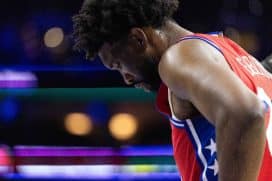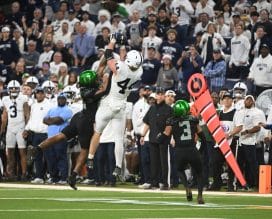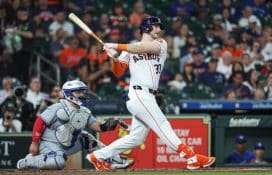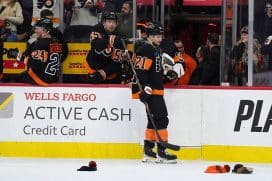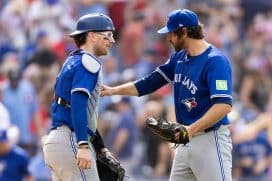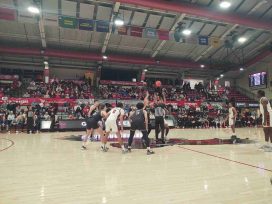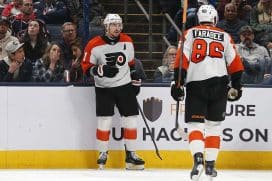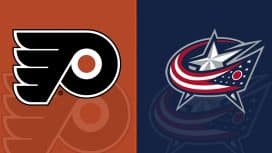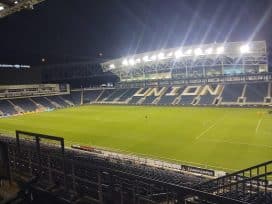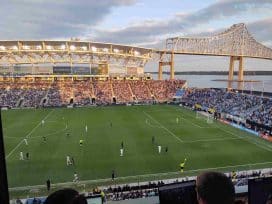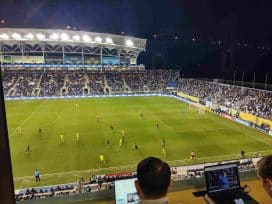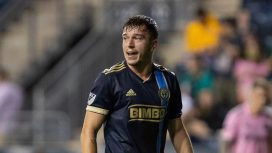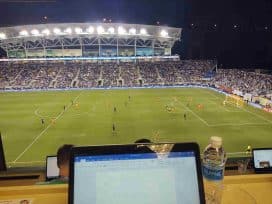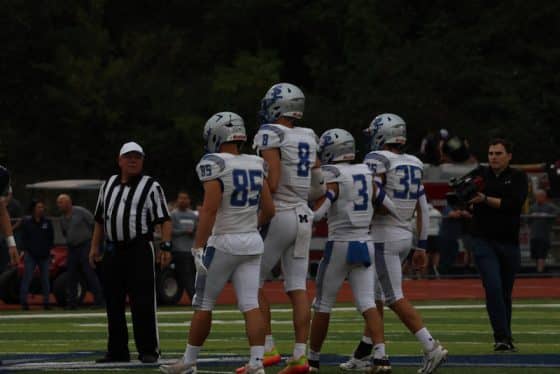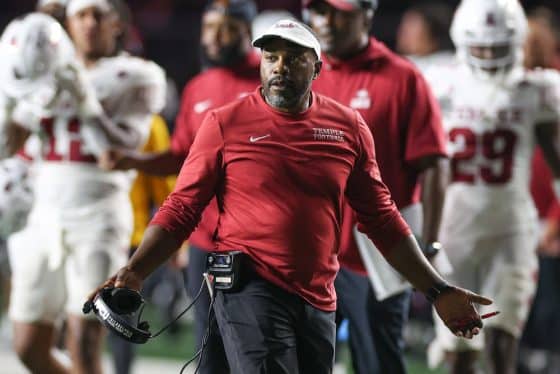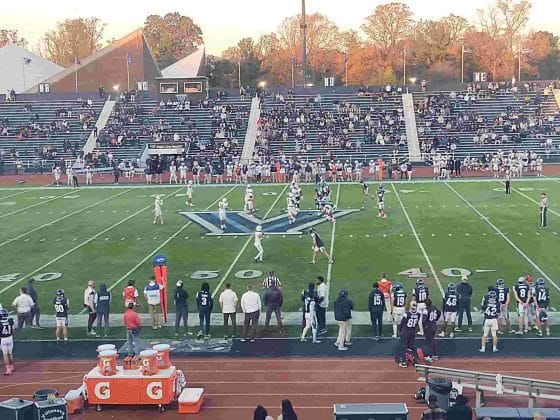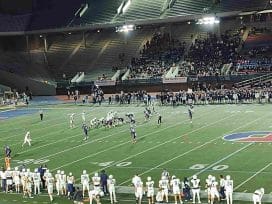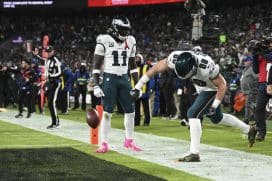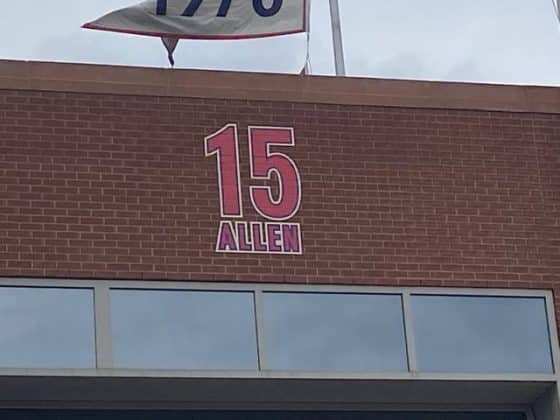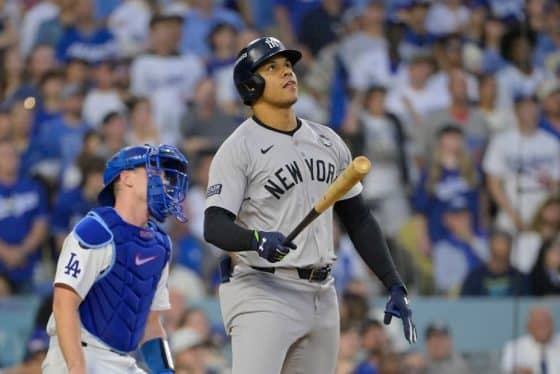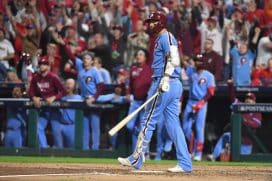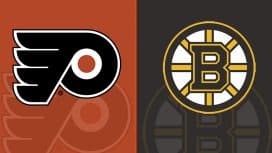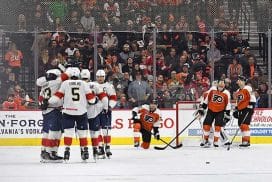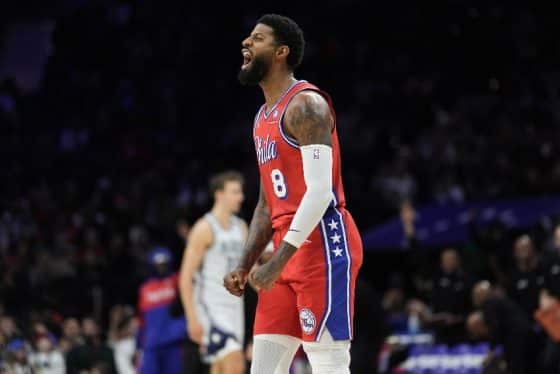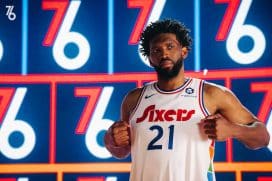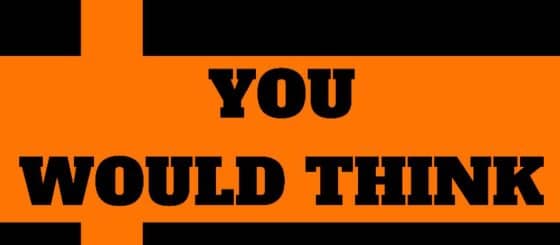Sixers
76ers’ Defense Should Improve to Become Top Defense in NBA
By Bill Gorman, Sports Talk Philly Writer
“Defense wins championships.”
From the time I was six years old watching football with my father, this mantra was drilled into my head. Well, that and “Ron Jaworski will be the best quarterback you’ll ever see,” so not everything he said was perfect.
The Philadelphia 76ers’ defense was not bad in 2018-19. The problem was it was not as good as it was in 2017-18, and that led to some late-game meltdowns in losses to teams like the Atlanta Hawks (three times) and the Chicago Bulls that may well have cost the team a chance to be the No. 2 seed in the playoffs. Which means that Kawhi Leonard’s shot would have had to go down in front of a Philadelphia crowd that stepped up big in Games 3 and 6 instead of his much-friendlier Toronto crowd.
So Elton Brand undertook yet another team makeover, the third since he took over the general manger's job in September of 2018. He traded Jimmy Butler to the Miami Heat, receiving Josh Richardson in return. He signed Al Horford to a four-year contract. He brought back Tobias Harris on a five-year contract and re-signed Mike Scott and James Ennis III. Brand also used the NBA Draft as a conduit to add defensive maven (see below) Matisse Thybulle with the 20th pick in the first round. In addition, he allowed JJ Redick, TJ McConnell, Boban Marjanovic, Greg Monroe and Amir Johnson, all of whom could be described as weaker defenders, to leave via free agency.
All of these moves are designed to bolster a defense that ranked 19th in the NBA by points per game allowed (112.5) and 15th in defensive rating (110 points per 100 possessions). What is strange is the 76ers had great underlying defensive numbers – they were 4th in the NBA against the three, allowing opponents to hit just 34.2 percent of their attempts on 30 tries per night (which was 6th-best in the league), and they were 9th in defending 2-point shots at 51.1 percent per night. They were also the 4th-best defensive rebounding team in basketball in 2018-19.
So why did a team that was so good at defending the only kinds of shots you can defend, while also getting the ball back when those shots missed, fare so poorly defensively? There were three key problems, one of which was the offense. The 76ers turned the ball over 14.9 times per game (6th-worst in the NBA) and forced just 12.7 turnovers a night (4th-worst). Turnovers lead to run-outs, and it is significantly more difficult to defend teams when they are on a fast break. In addition, the team was middle of the pack in committing personal fouls, which led to 24.5 free throw attempts per game (only the Clippers allowed more among playoff teams).
How do the 76ers improve defensively, if two of the three biggest parts of the problem are items the defense can’t stop? Well, for one, reducing fouls will help. Horford averaged only 2.3 fouls per 36 minutes in the 2018-19 season. The 76ers' big men, other than Joel Embiid (Marjanovic, Monroe, Johnson and Jonah Bolden) averaged 5.4 fouls per 36 minutes. If Bolden can reduce his propensity to foul, along with another year of experience for Embiid, Richardson, Harris and Ben Simmons, the team can potentially cut the opposition’s free-throw attempts by 15-to-20 percent, which could be worth around three or four points per night.
Turnovers are a trickier fix. Fortunately, the incoming playmakers (Richardson, Horford and Trey Burke) are a bit more careful with the ball than Redick, Butler and McConnell – 5.1 turnovers per 36 minutes for the new players vs. 5.6 for the outgoing crew. For more good news – last season was the first time Richardson was placed in a role that required him to be a playmaker, and he put up an assist to turnover ratio of 2.63, not far behind the 2.83 mark posted by McConnell. If Simmons and Embiid can cut their turnovers by 10 percent, the ability of their opponents to get run-outs will be reduced and the defense will be set far more often.
Which brings us to the final pieces of this puzzle – Zhaire Smith and Matisse Thybulle. Both of them are young, energetic wings with elite defensive skills and at least a strong collegiate pedigree on that end. Smith was All-Defense in the Big 12 during his lone season at Texas Tech. Thybulle won both national defensive player of the year awards (Naismith and Lefty Driessel) in 2019, was Pac-12 Defender of the Year two straight seasons, led the NCAA in steals in 2019 and, to top things off, he was all-conference in 2019 despite scoring just 9.4 points per game. When either of these two get thrown into the mix, combined with Richardson and Simmons, the perimeter will be on complete lockdown. In a late-game scenario, the 76ers could have a defensive lineup of Simmons (7-foot wingspan), Richardson (6-foot-10), Smith or Thybulle (7-foot each), Horford (7-foot-1) and Embiid (7-foot-6). It could be next to impossible to put up points against this team when the chips are down.
Historically speaking, defense does win championships. In all but one of the last twenty seasons, the NBA Finals have featured at least one team from the top-10 in defensive rating (only 2017-18, matching the 12th-ranked Warriors and 29th-ranked Cavaliers, had neither in the top-10). Furthermore, among title teams, only two (the aforementioned 2018 Warriors and the 2001 Lakers, who finished 21st) were outside of the top-10 defensive teams in their given season. 12 teams in the last 20 years were top-5 defensively and four (2000 Lakers, 2015 Warriors, 2008 Celtics and 2005 Spurs) had the league’s best defense. If the 76ers can improve upon last year’s finish on the defensive end, with another year of maturity for Embiid and Simmons on the offensive end, a Finals trip is not a difficult stretch to imagine for fans.
